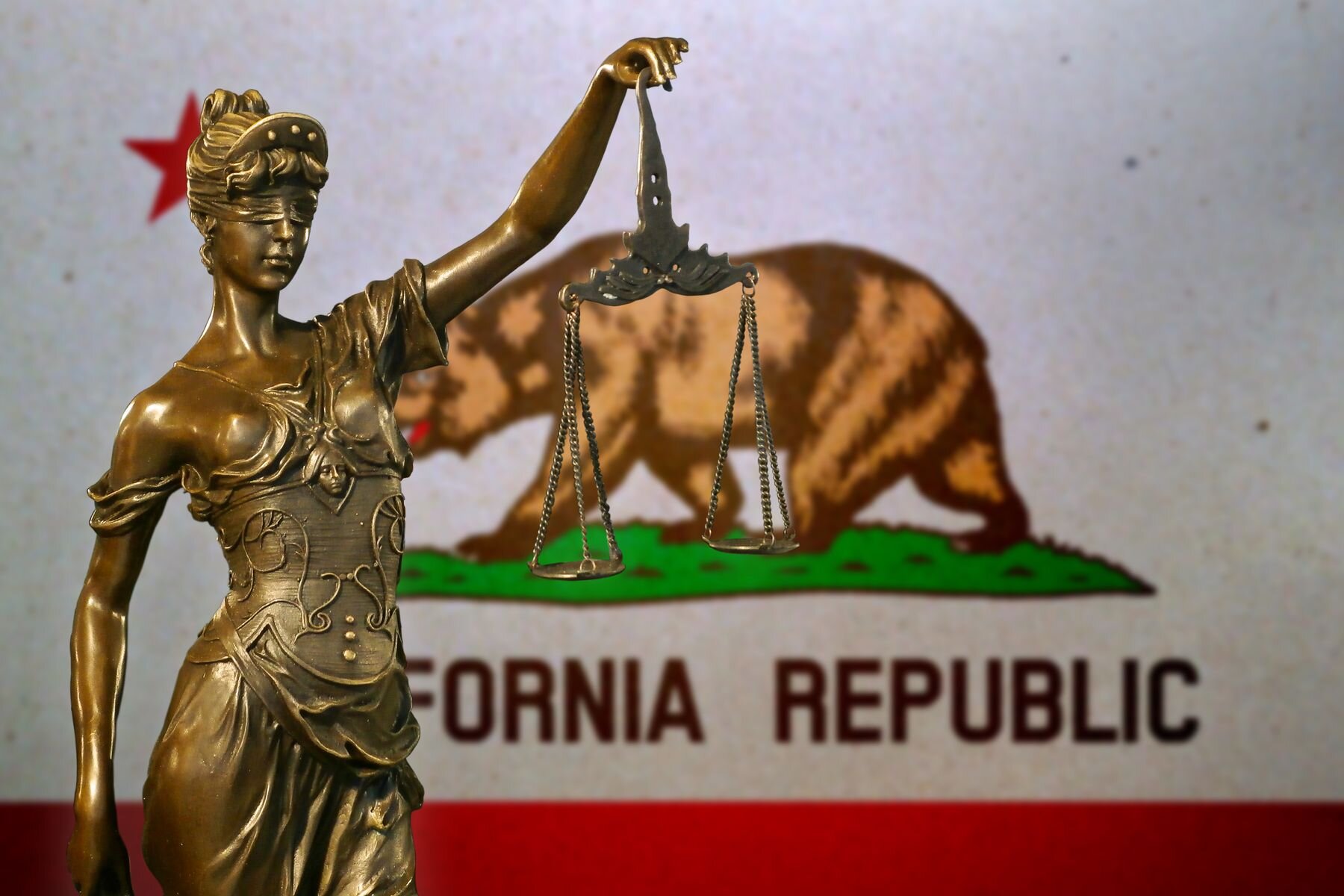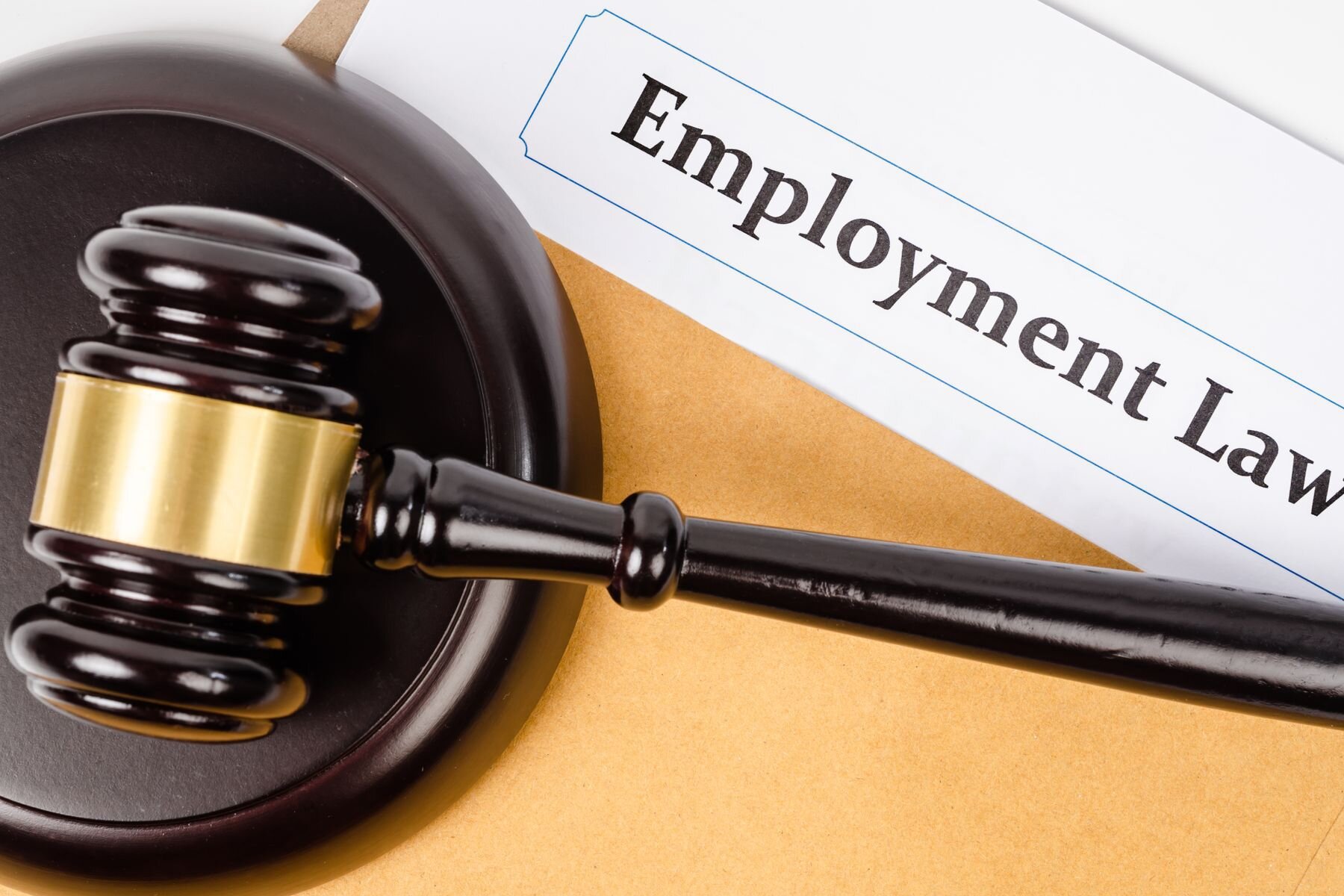California’s New Covid-19 Exposure and Notification Law Effective Jan. 1, 2021
/California employers are preparing to implement new policies and procedures to comply with California’s new Covid-19 Exposure and Notification Law going into effect January 1, 2021, California A.B. 685.
What is California A.B. 685: California’s New Covid-19 Exposure and Notification Law
The new law creates reporting obligations requiring California employers to provide their employees, local public health officials, and the California Occupational Safety and Health Administration (Cal-OSHA) with written notice of Covid-19 cases. The law is in place effective January 1, 2021 through January 1, 2023. Failing to comply with the new law leaves California employers open to civil penalties and citations.
Summary of California’s New Covid-19 Exposure and Notification Law:
California A.B. 685, California’s new Covid-19 Exposure and Notification Law, is codified under California Labor Code section 6409.6 (and sections 6325 and 6432). Applicable sections define new requirements for California employers regarding the notification of employees, their subcontracted workers’ employees, union representatives, etc. of any suspected or confirmed cases of Covid-19. The new law also stipulates requirements regarding California employers’ obligation to report workplace “outbreaks” of Covid-19 to local health departments, and the appropriate agencies. Notification should occur within one business day of the possible exposure based on any confirmed positive case of Covid-19 in the workplace.
Written Notice Requirements for California Employers:
When a California provides “written notice” of a potential Covid-19 exposure, the written notice may include any delivery method (hand delivery, email or text), as long as the delivery method allows the employee to receive the notice within one day of it being sent. The notice must be provided in both English and the language used/understood by the majority of the employees in the workforce. Notices of potential exposure should not include the name of the employee who tested positive for Covid-19 in order to protect the employee’s privacy. Employers are required to maintain a record of any written notice of possible Covid-19 exposure sent to employees for a minimum of three years. Employers must report any “Covid-19 outbreaks” to their local public health agency within 48 hours of learning of the situation. As of Dec. 3, 2002, a Covid-19 outbreak in a non-healthcare workplace is defined by the CDPH as having at least three probable or lab confirmed Covid-19 cases among workers at the same worksite within a 14-day period.
California Employers Should Take Action to Comply with New Standards Now:
California employers should take action right away in order to coordinate documentation and tracking procedures, in addition to necessary safety processes and notification methods, to keep their workforce safe and comply with new requirements. California employers’ efforts to comply should involve:
Creating and implementing safe, effective procedures to minimize the risk of spreading Covid-19 in the workplace.
Documenting and implementing disinfectant procedures for confirmed Covid-19 exposures in the workplace.
Developing an effective employee notification process for any potential Covid-19 exposures.
Developing applicable documentation and a process for notifying employees regarding Covid-19 benefits.
If you need to discuss Covid-19 dangers in the workplace or if you need to file a California employment law class action, please get in touch with Blumenthal Nordrehaug Bhowmik DeBlouw LLP. Experienced employment law attorneys are ready to assist you in any one of various law firm offices located in San Diego, San Francisco, Sacramento, Los Angeles, Riverside, and Chicago.










